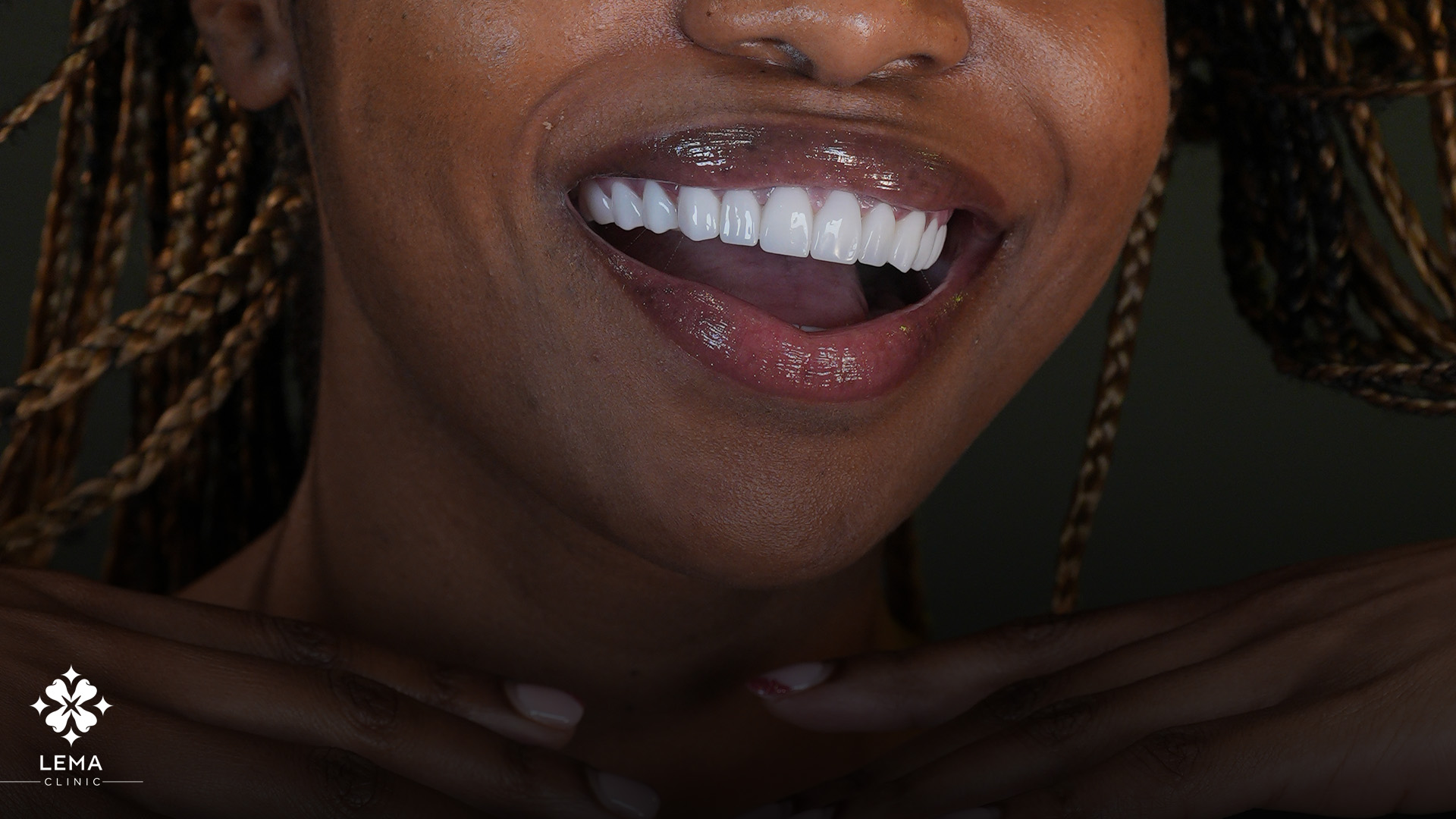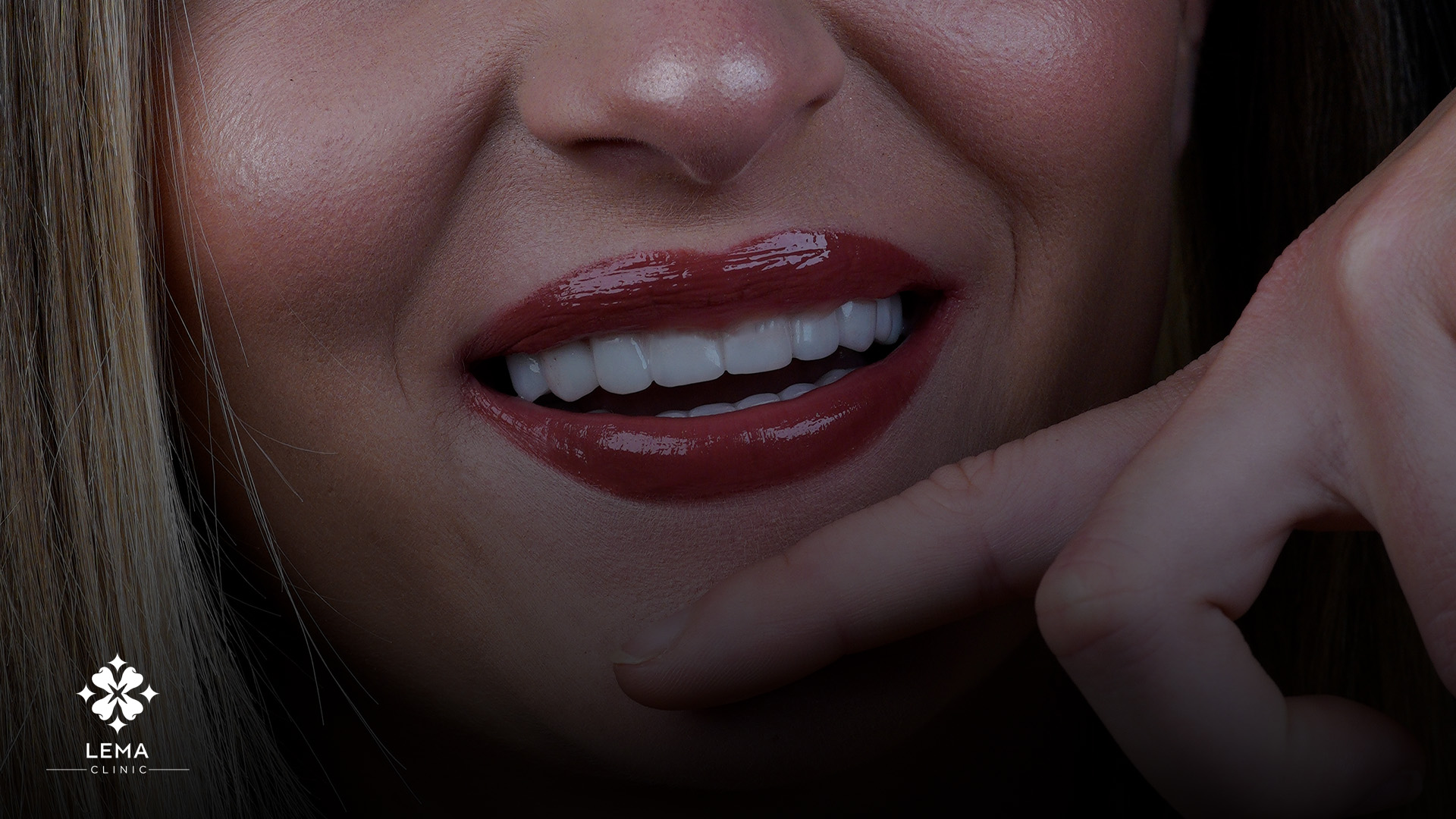Dental Crowns For Enhancing Smiles
Dental crowns are protective caps placed over damaged or decayed teeth to restore their shape, strength, appearance, and functionality.

Dental crowns, undeniably a fundamental aspect of restorative dentistry, hold a crucial and transformative role in both rehabilitating and significantly enhancing the overall health and aesthetic appeal of teeth. This extensive guide thoughtfully delves into the multifaceted world of dental crowns, meticulously offering detailed insights into their diverse types, wide-ranging applications, numerous benefits, and various important considerations. Furthermore, it elaborates on their maintenance requirements and provides an in-depth analysis of cost implications, thus equipping readers with a comprehensive understanding of dental crowns and their significant impact on dental care.

Types of Dental Crowns
Dental crowns are custom-fitted tooth prosthetics that are used to cover or “cap” a damaged tooth or implant. They serve various purposes, including strengthening damaged teeth, improving aesthetic appearance, and restoring functionality. Here are the main types of dental crowns available:
- Porcelain or Ceramic Crowns: These dental crowns are highly celebrated for their ability to mimic the natural appearance of teeth. Ideal for front teeth restoration, porcelain or ceramic crowns blend seamlessly with the natural tooth color, providing a visually appealing solution. Their biocompatible nature minimizes the risk of allergic reactions, making them a safe choice. Moreover, their excellent aesthetic results are unparalleled, ensuring that dental crowns not only restore function but also enhance the overall appearance of the smile.
- Metal Crowns: Constructed from gold, nickel, chromium, or palladium, metal crowns are synonymous with durability and strength. They excel in resisting wear and tear, making them an ideal choice for restoring molars, which endure significant force during chewing. Their less visible location in the mouth makes unique aesthetic element.
- Porcelain-Fused-to-Metal (PFM) Crowns represent a harmonious fusion of strength and beauty. By combining the durability of metal with the aesthetic appeal of porcelain, PFM dental crowns provide a versatile solution suitable for various dental restoration needs. They offer the resilience required for long-lasting dental repairs while maintaining a natural look that complements the rest of the teeth.
- Zirconia Crowns: Emerging as a popular choice in recent years, zirconia crowns are renowned for their exceptional strength and aesthetic appeal. Dental crowns are a testament to the advancements in dental materials, providing a robust solution that withstands the rigors of daily use while offering a visually appealing, tooth-like appearance. Their hypoallergenic properties make them an excellent choice for patients with sensitivities or allergies.
- Composite Resin Crowns: As a more affordable option, composite resin crowns are accessible to a broader range of patients. While they may not offer the same level of durability as other types, their ease of repair and versatility in color matching make them an attractive option for those seeking a balance between cost and functionality. They are particularly useful in situations where a quick, aesthetic solution is needed.
In summary, the choice of dental crowns material is a crucial decision that balances functional requirements, aesthetic preferences, and individual patient needs. Each type of dental crown offers its unique set of advantages, allowing dental professionals to tailor treatments that best suit their patients’ specific circumstances.

The Process of Getting Dental Crowns
Getting dental crowns typically involves a few key steps. Initially, a dentist examines the tooth requiring dental crowns and prepares it by reshaping it to ensure a proper fit for dental crowns. This may involve filing down the tooth or building it up if necessary.
Next, an impression of the tooth and surrounding area is taken, either with traditional dental putty or digital scanning. This impression is used to create a custom crown that matches the shape, size, and color of your natural teeth. While the permanent dental crown is being made, which can take a few weeks, a temporary crown is often placed to protect the tooth. Once the permanent dental crowns are ready, the dentist removes the temporary crown and fits the new one onto the tooth.
Adjustments are made to ensure a comfortable and precise fit. Finally, dental crowns are cemented into place, completing the process. The dentist will provide care instructions to ensure its longevity, including good oral hygiene practices and regular dental check-ups.
Lema Dental Clinic For All Dental Treatment
Lema Dental Clinic, has state-of-the-art technology and personalized care to address a wide range of dental needs. With a focus on preventive care, the clinic offers routine check-ups and cleanings to help patients maintain optimal oral health. Advanced diagnostic tools enable early detection and treatment of dental issues, minimizing the need for more complex procedures. The clinic’s expert team is skilled in a variety of dental fields, including restorative dentistry, cosmetic procedures, orthodontics, and implantology, ensuring patients receive the highest standard of care tailored to their specific needs.
Understanding the importance of patient comfort and satisfaction, Lema Dental Clinic creates a welcoming and anxiety-free environment. The clinic’s approach combines the latest in dental techniques with personalized treatment plans designed to achieve the best possible outcomes for each patient. Whether it’s enhancing a smile with professional whitening, correcting alignments with braces or Invisalign, or restoring function with dental implants, Lema Dental Clinic Istanbul is dedicated to helping patients achieve and maintain a healthy, beautiful smile.







I’m considering getting a dental crown. What are the different types available?
Hello Zoe,
The main types of dental crowns include porcelain or ceramic, metal, porcelain-fused-to-metal (PFM), zirconia, and composite resin crowns. Each type has its own benefits in terms of durability, appearance, and suitability for different teeth.
How long does it take to get a dental crown fitted?
Hello Owen,
The process usually involves two visits. The first visit includes tooth preparation and taking an impression, while the second visit involves fitting and cementing the custom-made crown.
What kind of care do dental crowns require to last longer?
Hello Madison,
Dental crowns require regular brushing and flossing, avoiding hard or sticky foods, and attending regular dental check-ups to ensure they remain in good condition.